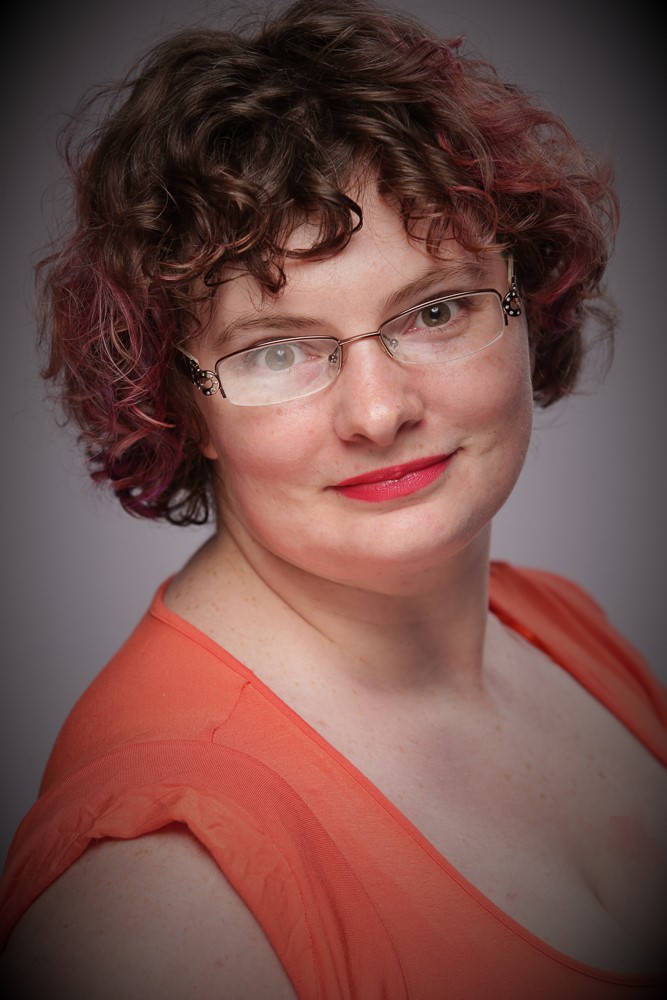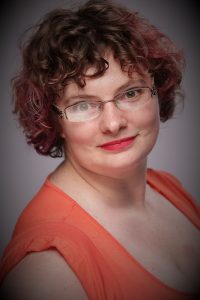Graduate recognized after triumphant 10-year journey

Wilfrid Laurier University’s convocation ceremonies took place from June 12 to 16 on the Waterloo campus, and while the university honoured the many active members of their community, one graduate in particular was recognized for her courageous 10-year journey to earn her bachelor’s degree.

Nairn Carter, a 27-year-old Laurier science student, and now graduate, is also a pediatric brain tumour survivor.
When Carter was 11-years-old, she received a second-degree sprain after completing a routine in competitive gymnastics. While doctors told Carter the sprain should be healed within two weeks, Carter experienced pain in her foot, knee and hip, which later spread to her arms and shoulders.
Doctors eventually discovered mass bleeding from Carter’s left thalamus, which was later removed but left her with a brain injury, with effects including aphasia – which causes Carter to experience verbal delays when trying to communicate with others.
After Carter spent six months at Holland Bloorview Kids Rehabilitation Hospital in an intensive inpatient program, she returned to her grade seven class in Kitchener.
When Carter started high school in Sept. 2003, she faced challenges with the school’s special education team, who recommended Carter register for classes that would prepare her to enter the work force right after she graduated, rather than going to a post-secondary institution.
“My mom and dad, they had better dreams and hopes and goals for me because I was a normal student up until grade six and seven and then my brain surgery happened and then I had to adjust and everybody in my world had to adjust to me, and there had to be special consultations made,” Carter explained.
Fortunately for Carter, she was able to attend Woodland Christian High School, a private school in Breslau, and was later accepted into Laurier once she graduated.
“I think that my brain tumour was kind of like a blessing in disguise because of that initial change of events led to me to a great high school, which led me to become a student at Laurier, which is a great university,” she said.
Once Carter started attending Laurier, she worked with Laurier’s Accessible Learning Centre’s disability consultant, Linda Chamberlain, who later helped Carter become recognized at her convocation ceremony.
Unfortunately, Carter began to struggle in her university career, and faculty and staff members of the university recommended Carter reduce her course load and she was later placed on academic probation. She later enrolled in the biotechnology technician program at Conestoga College.
When Carter began her studies at Conestoga, she faced another hardship: her mother – a person who had supported her dreams of going to university – passed away from a suspected heart attack over the December holiday break.
“[My mom] pushed me to be social, to get out there, enjoy my time at university because that’s what university is all about,” Carter recalled. “There is the academics portion of course but university and college and post-secondary education is where you make those lasting lifetime contacts. I think I was just overcome by the sheer amount of the social aspect and great social aspects that my academics began to slide over a little bit.”
In 2014, Carter enrolled back into Laurier after receiving her diploma from Conestoga.
Now, after ten years of post-secondary education, Carter can finally call herself a Laurier alumnus, after she graduated from the faculty of science at the university’s convocation ceremony last Wednesday. She was recognized by the Accessible Learning Centre for her outstanding work in both the centre and in the university.
“I’m still in shock … it doesn’t really feel real,” Carter said.
Now, Carter hopes to complete her masters at the University of Alberta’s School of Library and Information Studies, which houses their online Master of Library and Information Studies program.
Looking back on her university career, Carter hopes struggling future students – especially those with disabilities – will find the strength to prosper on throughout their academic studies and achieve their long-term goals.
“They can do it – I am living proof of that. You just have to keep pushing and keep your head down and focus on two to three courses per semester and get to know your [professors] because they will help you in anyway possible.”


